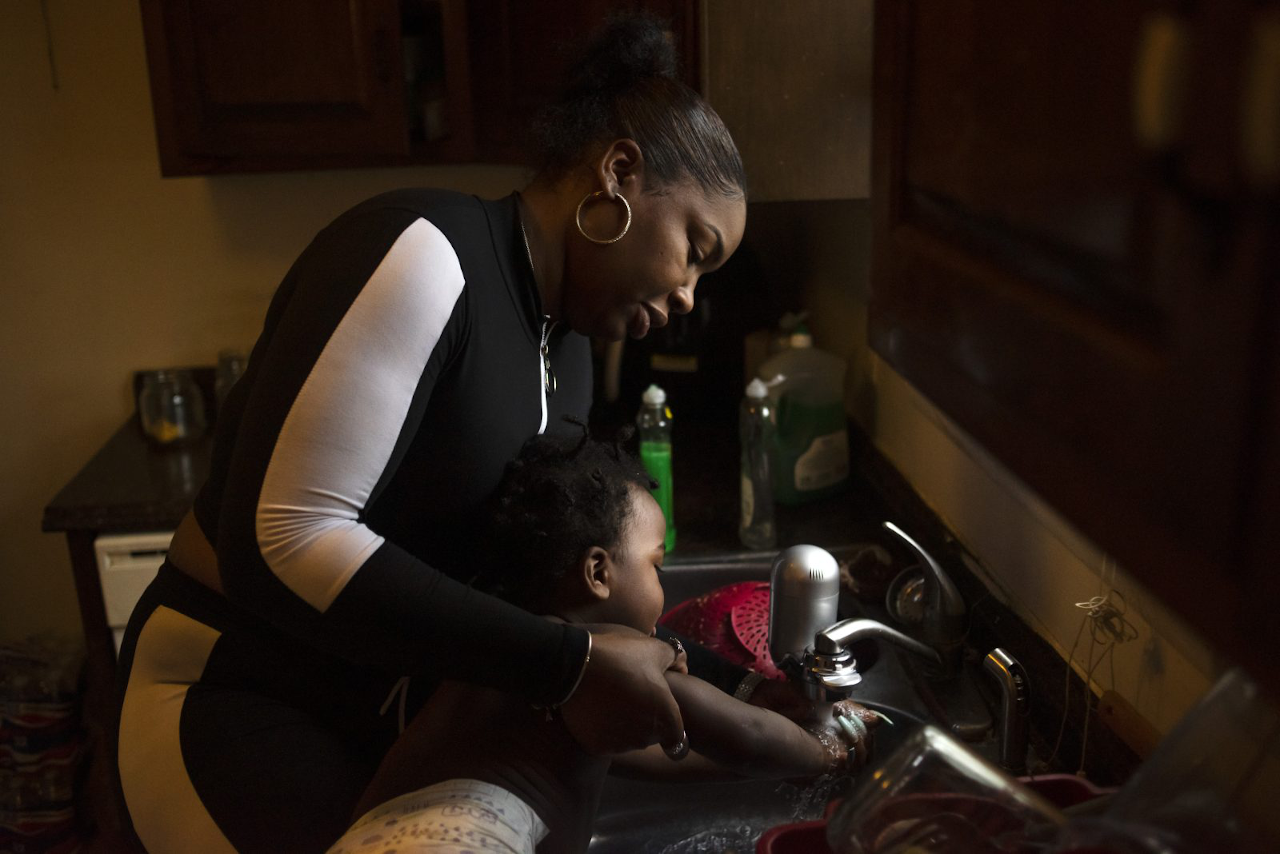Nearly seven years after Flint, Michigan’s water supply first became contaminated with lead, a settlement has been reached for the residents who were affected.
On Wednesday, a federal judge approved a $626 million settlement for the thousands of residents and families, most of whom are Black, that were exposed to the contaminated water. It is one of the largest settlements in state history.
How much money each Flint resident will actually end up with is yet to be determined. A motion has been made for attorneys to get paid one-third of the $626 million, a decision that will be made by the judge in a separate order.
“The money’s not a lot because you’ve got 100,000 poisoned people,” Melissa Mays, a Flint resident and one of the first people to file a lawsuit in the water crisis, told Grist. When Grist caught up with her on Thursday, she was coming out of a meeting about another Michigan city’s lead problem, Benton Harbor, and she was angry.
“We need to hang on to every win we get because there have been so many battles that we’ve lost,” she said, “but [this settlement] is not going to change people’s lives in a huge way.”
Last August, Michigan agreed to a preliminary settlement of $600 million. This summer, during a fairness trial, 15 residents objected to the proposed amount, calling for more relief for Flint residents. In District Judge Judith E. Levy’s final ruling this week, she called the settlement “fair, reasonable, and adequate.”
In 2014, the state of Michigan switched the Flint drinking supply from treated water from the Detroit Water and Sewage Department to the Flint River. But the city failed to add anti-corrosion controls to the river water. As a result, thousands of Flint residents drank water for more than a year that was contaminated with metal neurotoxins, bacteria, and lead. Once the crisis gained widespread national attention and it was exposed that officials already knew about the issue, residents were still left drinking contaminated water for several more months.
At least 12 people died from bacteria in the water that caused Legionnaires’ disease. Fetal death rates in Flint increased by 58 percent. Skin rashes and hair loss were widespread. Other reports estimate the casualties were far worse, with a PBS Frontline investigation finding that the water crisis was responsible for as many as 100 deaths.
LuLu Brezzell, a Flint resident and mother of “Little Miss Flint” who gained global attention for her advocacy and creating home water filters, told MLive the settlement was “a Band-Aid on a bullet wound.”
No one was expecting to get rich off the settlement, Mays told Grist, but residents want to be able to address the problems the water contamination caused in their families. They want to be able to pay for water filtration systems, specialists not covered by insurance, time off to take their kids to medical appointments, and tutors, she said.
In 2018, Flint was reported the second poorest city of its size in the United States by the U.S. Census Bureau. Today, nearly 40 percent of its residents live in poverty
“I want Flint residents to have the resources they need to be able to have clean water in their house, but also to get the medical, educational and mental health care that they need,” Mays said, “because it’s been seven and a half years of layered trauma.”
More than 80 percent of the remaining money after attorney fees will go to Flint residents that were under the age of 18 when exposed to the contaminated water. Lead contaminated water is especially harmful to children — it can cause permanent damage to the brain and nervous system, slowed growth, and learning and behavioral problems.
“These kids are gonna need lifelong support. So how far is this going to stretch?” said Mays. Mays herself has three children that were exposed to the poisoned water.
“I’m not happy about the amount, but it’s a win that they have to pay something for poisoning us,” she said. It’s an acknowledgment of, “‘Hey, you’re not allowed to poison a poor majority-minority city and get away with it scot-free.’ That’s what’s been happening with the criminal cases — nobody’s sitting in jail for what they did.”




